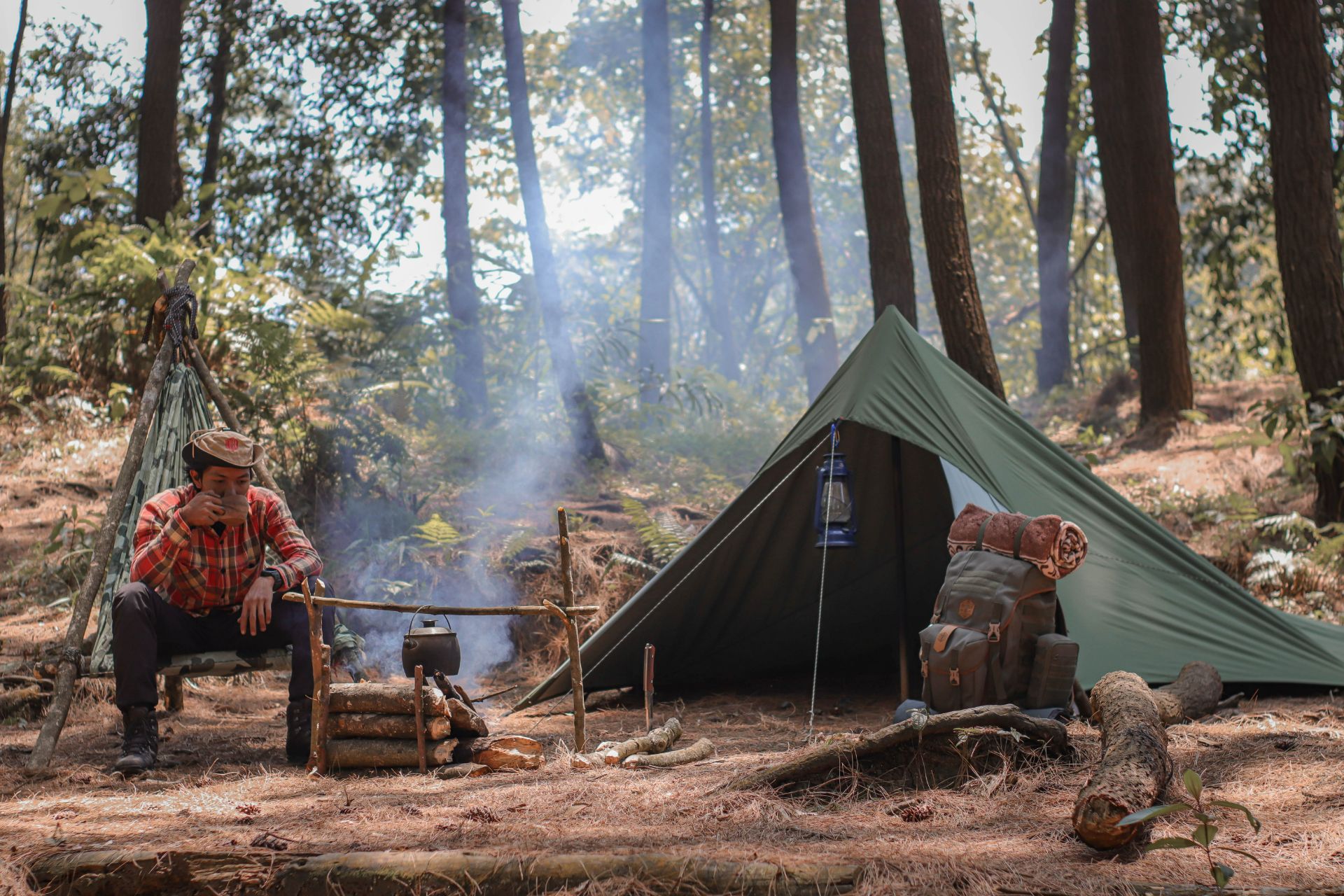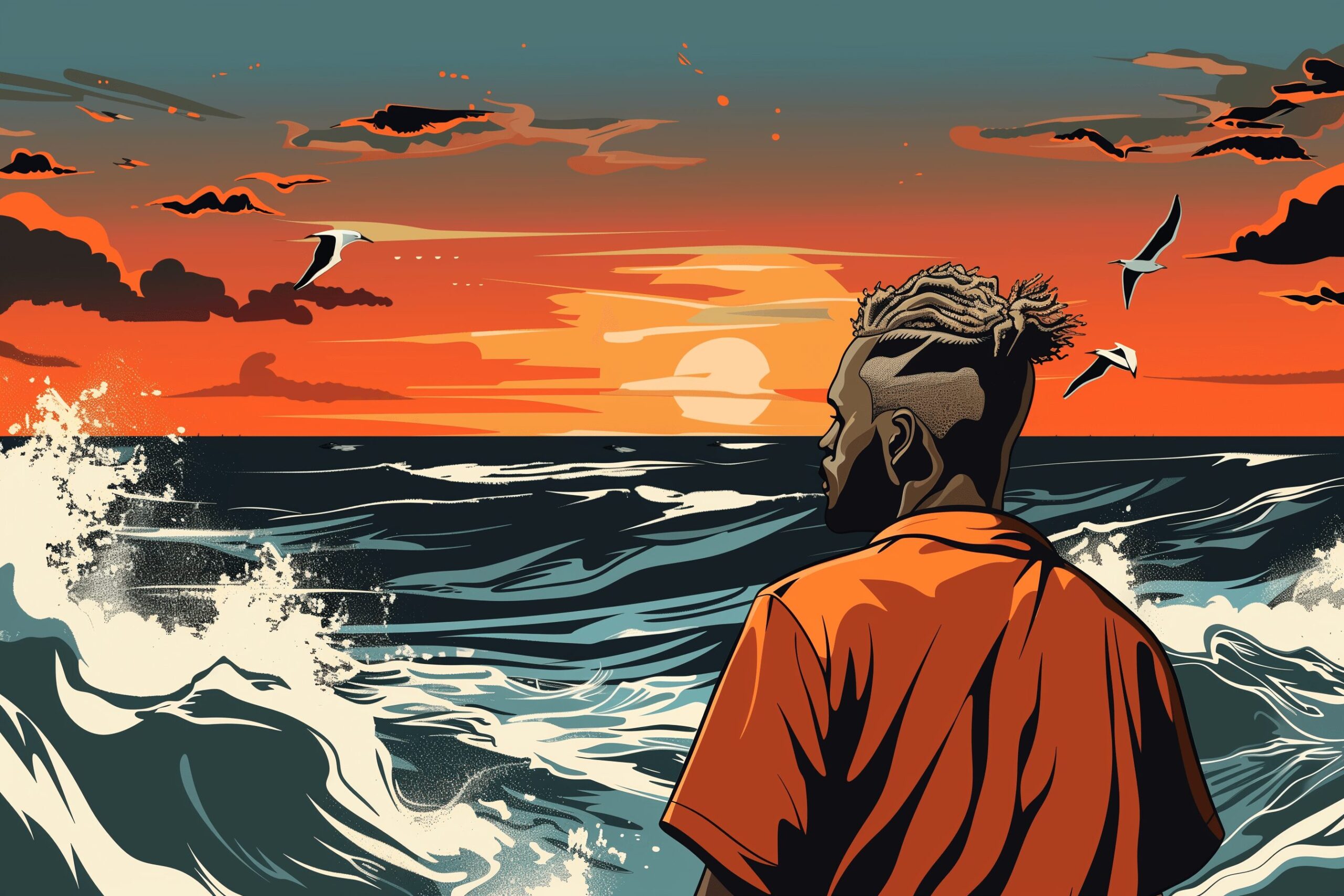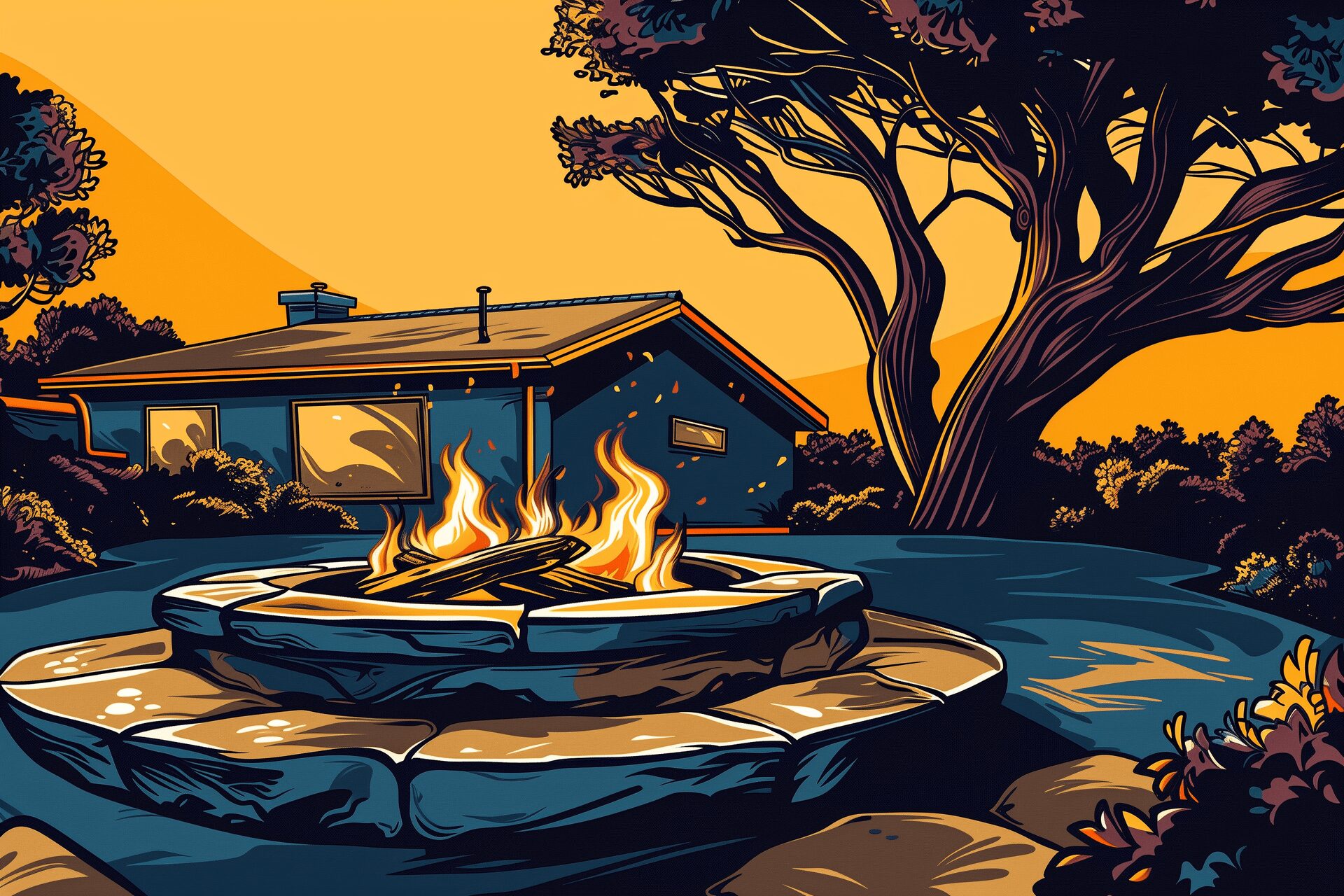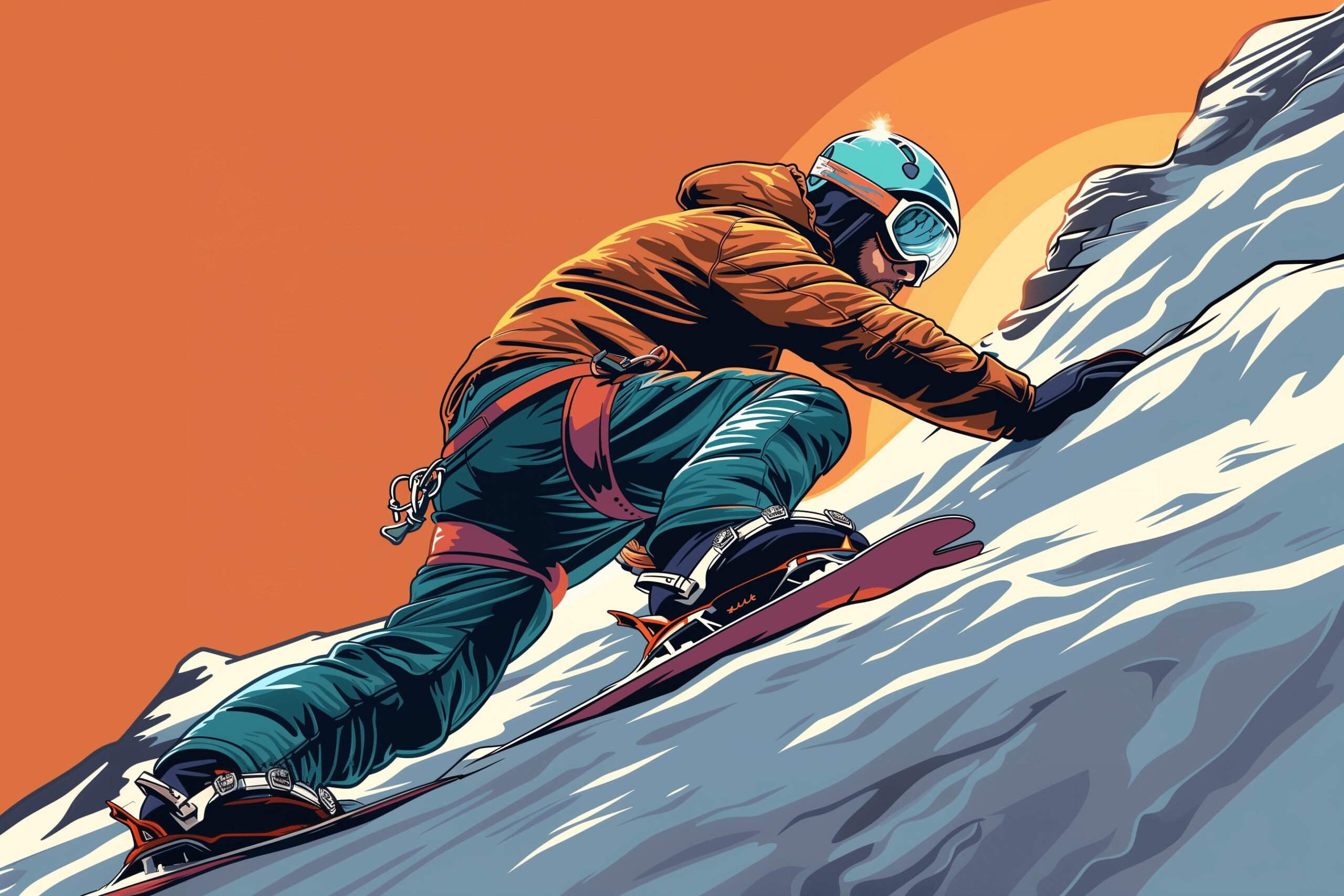
As an Amazon Associate, Modded gets commissions for purchases made through links in this post.
Primitive camping is a camping subgenre that removes the luxuries of modern life from the equation, exposes you to the elements and forces you to be creative. You can still bring your outdoor equipment along, but don’t expect a heated house with toilets and running water. These are the basic rules that you need to follow to consider yourself a primitive camper.
1. Basic Shelters Only
There are many primitive camping sites scattered around parks, forests and hiking trails throughout the country. The most luxurious primitive camping sites might have fire pits and a basic pavilion to block out the rain and wind, but that’s it. No lodges, no amenities. If your site doesn’t have a pavilion, you’ll have to sleep in a tent or set up a hammock.
Most primitive camping sites also require you to get a permit. There’s a long waiting list for sites at national parks and popular hiking trails. You have to reserve a night well in advance, and there’s no guarantee that you’ll have the site to yourself. Every experienced outdoorsman has shared a primitive site with other campers at least once.
If you feel uncomfortable sharing a campsite with strangers, this style of camping might not be for you. You’re going to encounter many other unexpected obstacles. A new friend should be the least of your worries.
2. No Running Water
Running water is another luxury you can forget about. There’s supposed to be a natural water source within a mile of the site, but the landscape can change. You could arrive at your campsite and discover that the closest stream has dried up. That’s why it’s crucial that you bring a healthy water supply for more than 24 hours.
The cleanest water source you can hope for is a natural spring. Most primitive sites have a stream, creek or small pond nearby. In any case, you have to bring something to purify the water. You can boil it the old-fashioned way or buy a purification device.
3. No Toilets
No toilets will be the most difficult adjustment. Peeing outdoors isn’t an issue for most people, but going #2 is a different story. You have to pull down your trousers and do your business out in the open. We recommend you bring a small shovel to dig a hole and bury your waste so nobody steps in it. Watch out for snakes and poisonous plants when you crouch down.
Also, you’ll have to carry your dirty toilet paper with you until you reach the next trash can. Bring loads of toilet paper and scent-proof baggies in case things get messy.
4. No Complex Electronics
You won’t be able to bring any fancy camping electronics to a remote primitive camping site. Wi-Fi hotspots, chargers, portable heaters and other similar devices need to stay behind. You can still bring lanterns and other basic electronic camping gear, but keep in mind that the more you bring, the heavier your pack will be.
Besides, the entire point of camping is to disconnect from the outside world and enjoy nature. Don’t ruin the experience by bringing a bunch of high-tech stuff. Keep things… well, primitive.
5. No Assistance Nearby
Even if you reserve a site at a popular park or near a high-traffic hiking trail, there won’t be any assistance nearby. The closest people who can help you are the rangers at the nearest lodge, which could be miles away. If someone in your group gets injured or falls ill, you must become the first responder. If you travel alone, you’re putting your life at risk.
6. Prepare Your Own Food
Since there’s no or kitchen, you’ll have to do all of your cooking over the fire. Don’t be discouraged, because there are many delicious hot meals you can make on the trail. Just make sure you bring these utensils:
- Portable stove
- At least one small pot and pan
- Spatula or tongs
- Bowl, cup and silverware
Dry snacks like beef jerky, trail mix and protein bars are also great food options for primitive camping. However, the more food you bring, the more you have to worry about animals. Bears, raccoons, mice and other creatures will smell the food and investigate the campsite while you sleep. That’s why many primitive camping sites have designated areas where people can hang their packs out of the animals’ reach.
7. Leave No Trace
The last and most important rule of primitive camping is to leave no trace. The campsite should look exactly the same before and after your visit. Don’t mess with the wildlife or leave any garbage behind. Make sure the fire is 100% dead, with no sparks or embers to be found. Do a complete inspection of the site before you leave.
There might be one exception to the leave no trace rule. Some campsites with pavilions have a notebook or ranger’s journal that campers can use to record interesting tidbits about their visits. Feel free to leave a brief note about the weather, animal activity or other helpful information.
Get Back to the Basics
Many of us are spoiled with the luxuries and conveniences of modern society. We need to remove ourselves from technology, indoor plumbing, food deliveries and other comforts every once in a while to maintain a true appreciation for them. Primitive camping takes you back to the basics, helping you improve your survival skills and overall character.
Stay up to date with the latest by subscribing to Modded Minute.
Author
Jack Shaw is a senior writer at Modded. Jack is an avid enthusiast for keeping up with personal health and enjoying nature. He has over five years of experience writing in the men's lifestyle niche, and has written extensively on topics of fitness, exploring the outdoors and men's interests. His writings have been featured in SportsEd TV, Love Inc., and Offroad Xtreme among many more publications.





